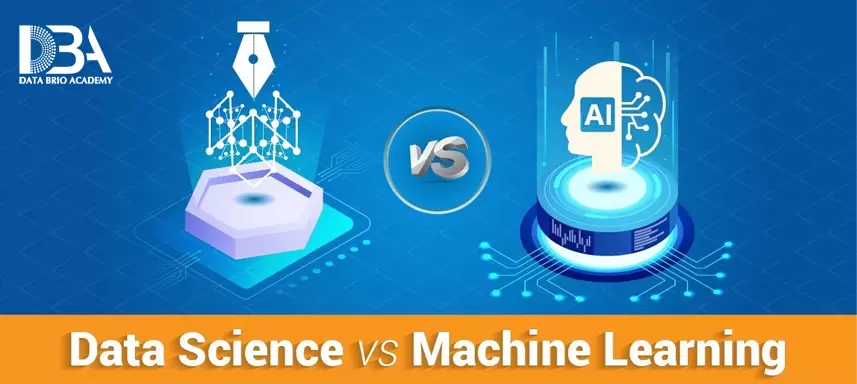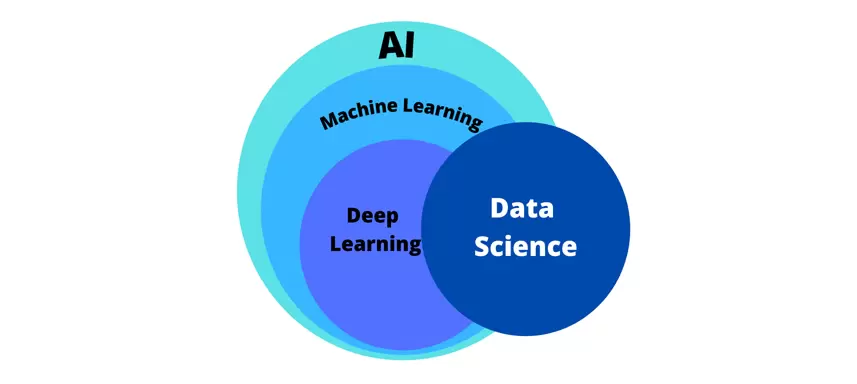There are many misconceptions regarding Machine Learning and Data Science and if they are the same or are completely different worlds.
What is Data Science?
Data Science is defined as an interdisciplinary field that not only extracts knowledge but also extracts actionable insights from the given data. Data Scientists must be able to build models and therefore proficiency in either Python or R is required. A data scientist is required to use a wide range of tools and techniques for evaluating data, needs to be intimate with statistics and mathematics, extract insights from the data with the help of Artificial Intelligence, through machine learning and deep learning models.
How is Machine Learning different from Data Science?
Firstly, we have to know about Artificial Intelligence (AI). AI is the ability of computers to perform tasks requiring human intelligence such as translating languages, speech recognition, and decision making. Machine Learning is an arm of AI, based on the thought of letting machines learn after being given access to Data. One important note would be that they are not explicitly programmed to do the task.
Data science technique helps us to make insights from data after handling all real-world complexities While Machine learning helps us to predict the outcome for brand new databases from historical data with the assistance of mathematical models.
So, Machine Learning is an integral part of Artificial Intelligence which is one pie of the entire Data Science process.
Applications of Machine Learning along with Data Science
Automation: In some fields such as manufacturing, there is no need for human intervention as everything works autonomously. It can even be used to predict faults with machinery before they happen.
Healthcare: One of the first fields to use Machine Learning was the Healthcare Industry. Machine Learning is used to identify diseases from a list of symptoms along with scheduling the next appointments using predictive models
Recommendation systems: In platforms like YouTube, Spotify, or Instagram our inputs such as liking or disliking and even commenting on a song/video/post help the algorithm in recommending content it expects us to like.
Image & Speech Recognition: Smart assistants work on data science and phones now can identify images in the frame of the camera.
Learn Data Science and Machine Learning with Data Brio Academy
Both Machine Learning and Data Science have become integral aspects of making a business successful. If you want to establish a successful career in the field of Data Science, Machine Learning, and Analytics, then Data Brio Academy is the perfect place to be! We offer industry-relevant Data Science course in Kolkata, along with Python programming, AI, ML, and Business Analytics.
Our courses are focused on hands-on training led by industry experts so that you become industry-ready and be able to tackle real-life case studies. With Capstone projects and internships, you will gain deep insights and practical experience.


